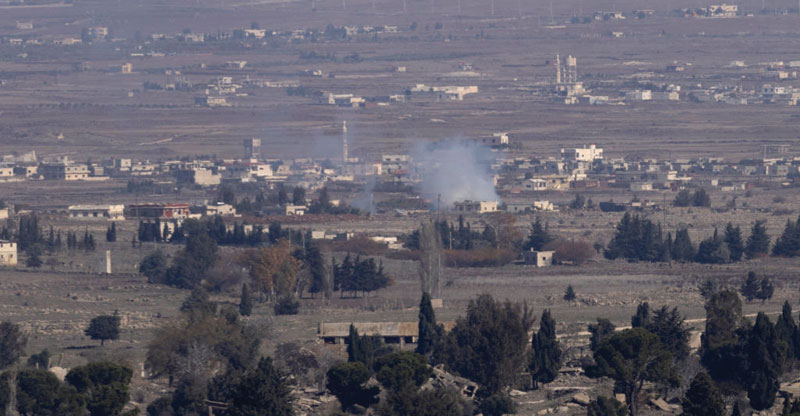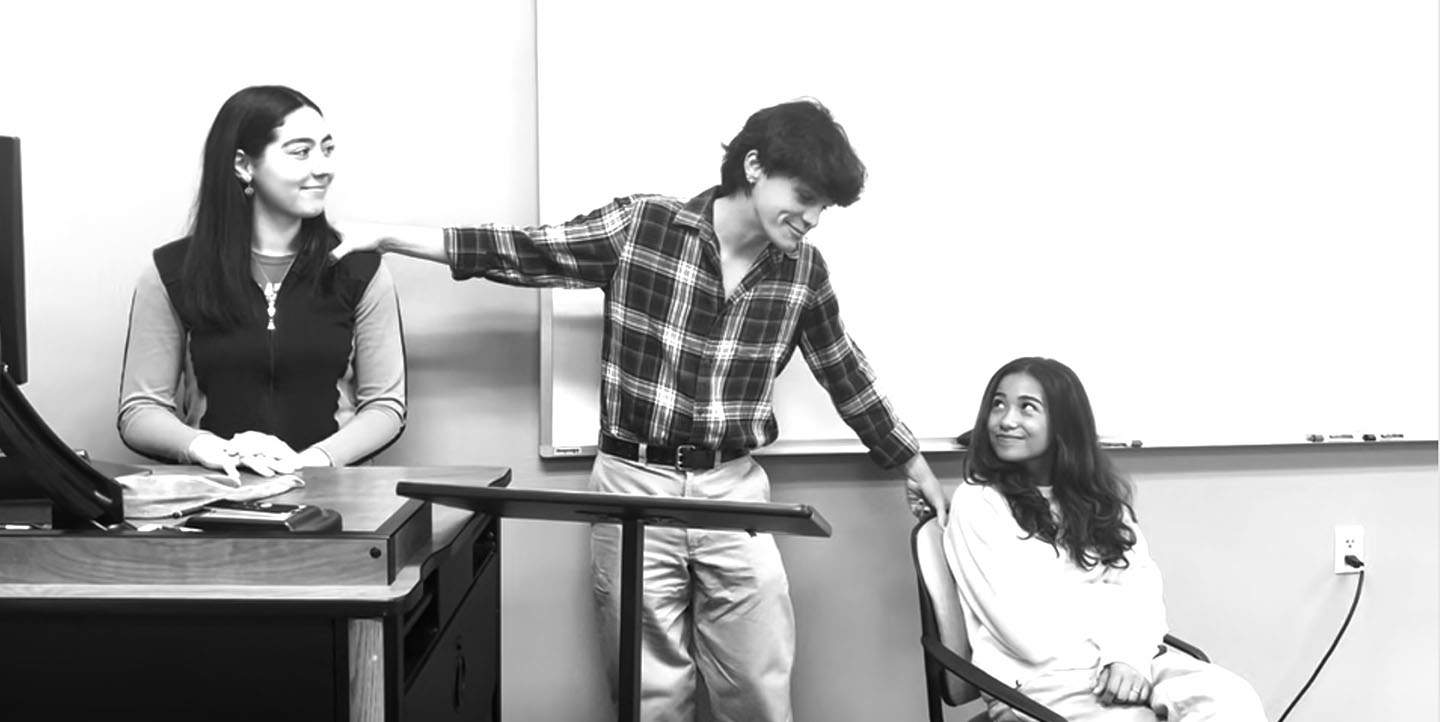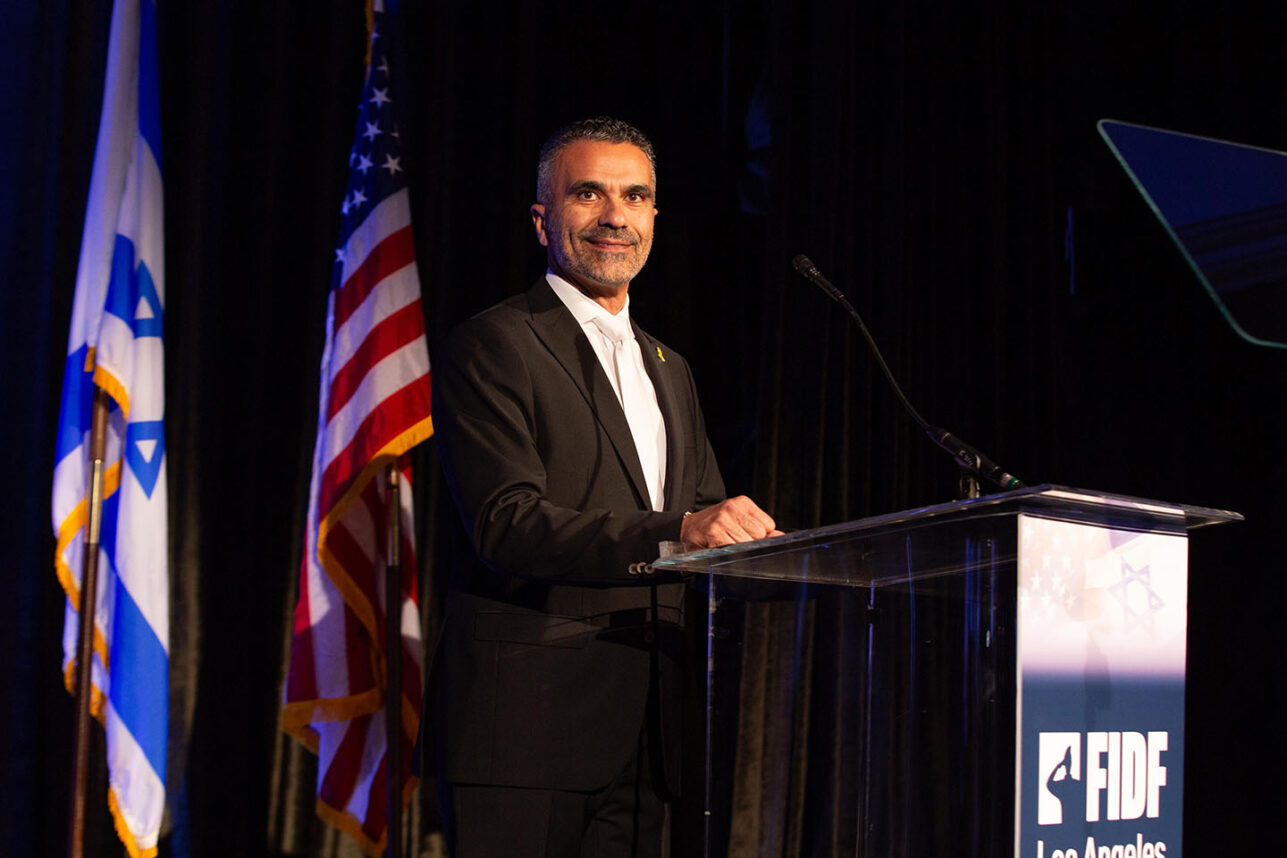Every week I go on two walks that I absolutely treasure. Each Sunday, my husband and I walk through a different section of Los Angeles. We have no destination, but our purpose is to exercise. We could choose other forms of exercise. We could be on a treadmill, moving in place without moving in space. Yet this is not as gratifying as walking outside. The walks along the beach or in the hills around the city create another dimension of being.
The other walk is on Shabbat as I go to synagogue, walking the same streets that I drive during the week. Walking, I am much more present in the moment, existing in the place. Weekday mornings I pull out of my driveway, listening to the news on the radio and swerve around the two potholes in front of my home. Then I turn onto Pico Boulevard, knowing exactly how the stoplights are timed as I hurry through rush-hour traffic to get to work. Yet the details fly by.
When I walk those same blocks on Shabbat I notice subtle changes. I notice the tree that overhangs the sidewalk has grown an inch since last week. The pink of the gardenias is fading slightly, the white azalea bushes that are all around our neighborhood are drooping and turning brown on the edges. As I walk I am able to see the natural evolution, not just the end result. This happens even though the purpose of this walk is to arrive at a destination.
On both walks I am aware of more than my surroundings. I am aware that my breath is quieter as we begin our downhill trek and is much more labored on the uphill trip home.
As I walk I am also aware of my thoughts. Something happens as we walk. Rebecca Solnit writes in her book "Wanderlust: A History of Walking" (Penguin USA, 2001), "Walking, ideally, is a state in which the mind, the body and the world are aligned, as though they were three characters finally in conversation together, three notes suddenly making a chord. Walking allows us to be in our bodies and in the world without being made busy by them. It leaves us free to think without being wholly lost in our thoughts…. Moving on foot seems to make it easier to move in time, the mind wanders from plans to recollections to observations."
Abraham’s extensive trek from his home to the land of Canaan begins as we read this week’s Torah portion when God tells Abraham, "Lech lecha." These two Hebrew words are typically translated as "Go forth." The phrase could more loosely be read as "Walk." God commands, "Walk from your native land and from your father’s house to the land that I will show you." Why does God use the Hebrew word that means "walk"? Why not "come" to a place? Why not "go out" or "leave"?
The word "walk" invites a journey. It implies separating from and going toward. It is neither the arrival nor the exiting, but is the continuum across time and space.
God implores Abraham to be on — and in — the journey as a way of knowing reality. Two levels of knowledge can be attained by walking the land. The first is physical: one gets to know the land by walking it. The second level is spiritual: walking allows wisdom to enter our consciousness.
The physical aspect of learning occurs as we slow down. When we are walking we see things we would not otherwise experience. In his book, "Walking the Bible" (William Morrow & Co, 2001), Bruce Feiler writes about the details of the land of our ancestors. He learns in-depth about the landscape, the topography, the climate, the foliage and the history that took place on those spots. Beyond the worldly knowledge he acquires, he discovers his connectedness to his roots, his people, his traditions.
The book of Proverbs says, "Your journey should direct you," and a Chasidic master teaches that it means, "Go to yourself." So, your wanderings should lead you to your true self. How do you get there? By creating the time and milieu to foster the insights that help us recognize who we are and who we can strive to be.
As we walk through the physical, we can also find the divine. We can find God on a walk in the tranquil woods as the wind rustles the leaves and the birds call back and forth in a song of response. We become aware of God’s presence when we stroll along the pounding shore, smelling the ocean, hearing the roar of the waves and feeling the breeze caressing our skin.
Slow down to rise higher. Step by step you can come to know the world, to understand your true self, and to recognize God’s presence in your life. As God told Abraham, "Lech lecha." Go forth, walking along the way, noticing, thinking, seeking, attaining wisdom. Ultimately, you may be able to walk with God.





















 More news and opinions than at a Shabbat dinner, right in your inbox.
More news and opinions than at a Shabbat dinner, right in your inbox.